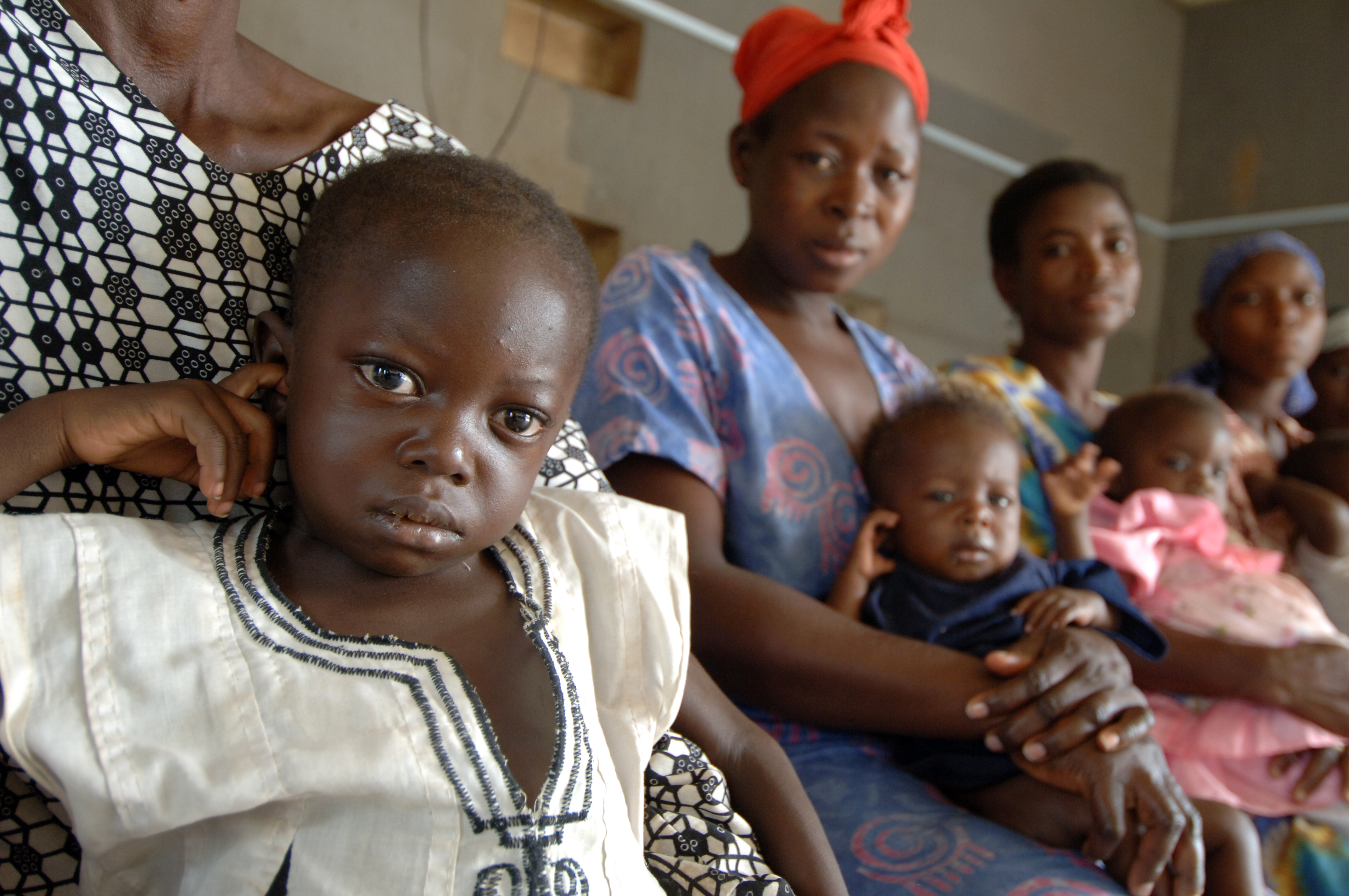Amidst a pandemic of chronic economic insecurity, basic income might just be the cure, according to speakers at the session entitled “Can Income be a Cure?” at the Canadian Conference for Global Health.
Guy Standing, Evelyn Forget, Gary Black, and Yv Bonnier Viger demonstrated that basic income, or cash payments that are periodically and unconditionally delivered to all individuals, ought not only be implemented because of an ethical imperative to secure social justice and human dignity, but also as an effective means of reducing social disparities.
They dismantled the concept of basic income as a societal utopia, offering persuasive evidence for its adoption, and an unwavering argument for human rights.
“People shouldn’t be paid for nothing,” and “it disincentivizes work,” are just a couple of the objections that have leaked into my own conversations about basic income. And while some key questions have yet to be answered, I feel stronger in my role as an advocate for this policy after hearing about the successes, and future potential, of its implementation.
First, the idea that people should not be paid for doing nothing stems from the current neoliberal ideology that governs our increasingly globalized world. To this, Guy Standing reminded us that social inheritance for those who need it is a right.
Furthermore, beyond the right to the money itself, there are those rights that can only be realized with a basic level of income, such as basic security, housing, adequate nutrition, clothing, the ability to attend school, to have a voice, to actively participate in democracy, and much more.
Guy also asserted that we need to re-conceptualize our definition of ‘work’. The objection of people being paid for nothing denies recognition that people who invest time in caring for their children, for family members with illness or disabilities, or for the elderly, are indeed working. Guy argued that this devaluing of labour is a flawed product of libertarian paternalism, where ‘work’ is considered morally ‘right’, and that we ought not look at labour within the home as merely ‘doing nothing’.
Secondly, the assumption that basic income dis-incentivizes work was debunked by evidence of just the contrary. Giving the example of a pilot study in India, involving the provision of basic income for 6,000 people, Guy illustrated an increase in work (largely self-employed), productivity, and economic output. While Evelyn Forget did find a reduction in hours worked by young unattached males in the Mincome study, a basic income pilot conducted in Manitoba in the 1970s, this was attributed to males returning to school to complete their education rather than simply choosing not to work. As a result, these males were better equipped to seek jobs that were previously inaccessible to them in the absence of a high school diploma.
The results of Mincome demonstrated that basic income allowed children to stay in school longer and have children of their own later, that hospitalization rates declined, and that women stayed out of the workforce longer after giving birth to care for their child.
Similarly, through pilot studies conducted in India and parts of Africa, Guy found that recipients of basic income sought health care treatment earlier when experiencing an illness, they carried their treatments to completion, children had a higher performance in school, and there were significant nutritional improvements in communities, particularly among young girls.
All this said, while the positive impacts are convincing, I do exercise caution. Within the discourse of basic income, what must not be relinquished is pressure on employers to provide decent work (fair opportunities, fair wages and benefits, safe working conditions, better prospects for personal development, etc.), and pressure on governments to institute and/or strengthen collective bargaining laws, to invest in affordable housing, universal health, dental, and drug coverage, and other such socialized programs.
Furthermore, the questions of how to pay for basic income, who gets it, and how much they will receive still remain, although evidence to date on the social and economic benefits give us reason to believe that it is financially feasible. With pilot studies currently underway in Canada, the United States, Finland, and soon Scotland, and with political support for scale-up in India, the evidence will hopefully be further strengthened to support policy change across the globe, amidst broader social reforms.
Maybe then, despite the wide spread of the pandemic of economic insecurity, we will have found a cure.

